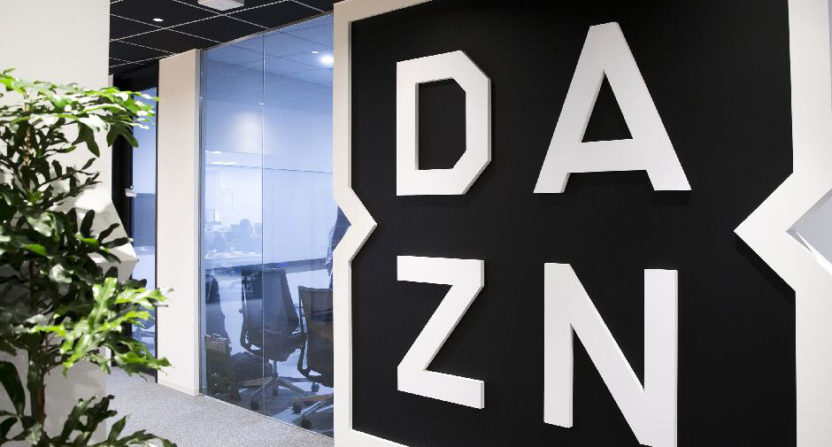The NFL’s deal this summer to sell exclusive full-league Canadian rights to streaming service DAZN hasn’t gone well, with many complaining about their NFL Sunday Ticket and NFL RedZone options being taken off of cable and satellite, about the subpar quality and features of DAZN compared to the previous NFL Game Pass service, and of the technical issues that seemingly keep popping up. DAZN apologized for its issues last month and offered some refunds, but those trying to watch games have still experienced plenty of problems, and many of them have been campaigning for the return of Sunday Ticket and a TV-based way to watch any game rather than DAZN’s streaming-only option. DAZN initially was big on streaming-only, but as John Kryk wrote in The National Post Saturday, they’ve struck deals with two cable providers and have more in the works. DAZN then confirmed this with a statement:
— DAZN Canada (@DAZN_CA) October 7, 2017
The latest
Of course, the TV experience isn’t perfect for everyone, and it’s notable that DAZN was only charging $20 Canadian a month with no minimum subscription for their streaming package versus the general package of around $35 Canadian a month with a four-month minimum (albeit with some other sports channels included) many cable and satellite providers used to charge. But the TV infrastructure is often much smoother than streaming, especially during high-demand events like NFL games, and carries much less notable lag. Allowing it to be an option again should reduce the volume of complaints about DAZN. They’ll still have to improve their streaming service and technical glitches, but letting some of those who want to watch via traditional TV do so again is a step in the right direction.
(It should also be noted that DAZN is owned by Perform Media, and that they’ve been heavily promoting it through other outlets they own like The Sporting News. Daniel Roberts had an in-depth look at those connections at Yahoo Finance in August.)
It’s interesting that the NFL’s faced huge streaming setbacks in two markets this year. In addition to the DAZN issues, fans in Europe have been outraged over the new company (Deltatre) that took over the NFL Game Pass service (offering live and archived games, RedZone and more), panning their product so hard that the company resorted to asking employees for fake five-star reviews to improve their reputation. And while the fake reviews have stopped since they got busted, the issues haven’t, as these tweets from Sunday show:
@AndrewBucholtz I thought I'd send you this after reading your article. We couldn't even log in to Game pass Europe tonight for over an hour pic.twitter.com/7PmZOgCEzY
— MarshaC (@MarshaC4) October 8, 2017
Latest update! pic.twitter.com/4NSYEaueL7
— MarshaC (@MarshaC4) October 8, 2017
It’s definitely notable that so many things are still going wrong for streaming sports services, especially for high-demand live products like NFL games that everyone’s trying to watch at once. (And that’s not limited to sports; see the regular HBO Go/Now crashes around Game Of Thrones.) Streaming has plenty of advantages, and it works out well for some people, especially if you have a stable app and a good internet connection. But there are still lag and user-limit challenges there, and further potential problems. Streaming’s an important part of the future for everyone, including ESPN, but it isn’t necessarily the only way to watch sports, and shouldn’t necessarily be. The DAZN saga shows that there can be plenty of value to stable traditional cable and satellite options as well, and that many users would much rather pay more for a reliable and immediate option versus getting a discount on a streaming-only service that only works some of the time.






